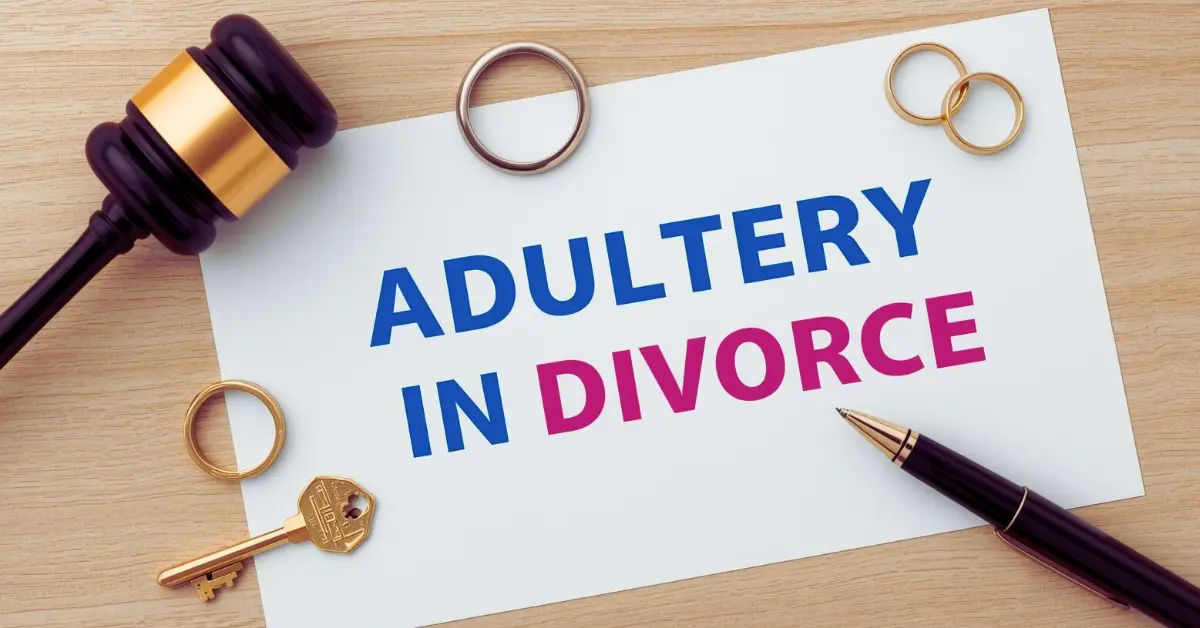In North Carolina, keeping up with the latest family law updates is essential, especially as new rules shape the legal recognition of marriage and domestic partnerships. With the 2025 Marriage Equality Act and the 2026 divorce law changes, it’s important to understand the differences in rights for marriages versus domestic partnerships.
In this guide, we share insights from top North Carolina attorneys like Rose H. Stout from Smith Debnam, along with experts like Heidi C. Bloom and Charles W. Clanton. As Rose H. Stout advises, putting family interests first builds a strong foundation for the future.
By understanding these legal differences and the latest updates in North Carolina family law, you can navigate your options confidently and make informed decisions about your relationships.
Marriage in North Carolina
Marriage Requirements and Process
In North Carolina, the legal requirements to marry include a minimum age (usually 18 without parental consent) and acquiring a marriage license. Parties must not already be in a legal marriage with another individual.
The marriage process entails meeting all licensing requirements, submitting necessary documentation, and attending a marriage ceremony.
Rights and Responsibilities
Marriage in NC provides legal benefits, including inheritance rights, joint property ownership, and healthcare decision-making privileges, while financial responsibilities may also extend to considerations such as average child support NC.
Couples are legally bound to share assets, and their responsibilities include financial support, care during illness, and joint decision-making for family matters.
These rights are recognized widely by state and federal institutions, offering a strong legal foundation for married couples.
Divorce and Dissolution
North Carolina has specific divorce laws governing marriage dissolution, including residency requirements (typically six months) and valid grounds for divorce, often referred to as grounds for divorce NC.
Couples can pursue a no-fault divorce, often based on one year of separation. Divorce proceedings can cover asset division, child custody, and spousal support, highlighting the complex legal process needed to dissolve a marital relationship.

Domestic Partnerships in North Carolina
Definition and Legal Status
In NC, a domestic partnership is defined as a committed relationship between two adults living together in a mutually supportive arrangement. While domestic partnerships offer some legal recognition, they lack many of the extensive rights associated with marriage.
Domestic partnerships are largely unrecognized at the state level, though certain municipalities and employers may acknowledge them.
Rights of Domestic Partners
Domestic partners in North Carolina have limited legal rights compared to married couples. Often, they lack inheritance rights without a will and may face challenges in medical decision-making for their partner.
While some municipalities or employers offer benefits to domestic partners, these arrangements do not provide statewide recognition, leaving individuals vulnerable without additional legal documentation.
Registration Process
NC does not have an official domestic partnership registration. Certain employers and municipalities may have their own registration processes, but these are not recognized uniformly.
Those in domestic partnerships may rely on contracts or cohabitation agreements to outline property rights and other responsibilities, ensuring their relationship has some degree of protection.
Comparison: Domestic Partnerships vs. Marriage in North Carolina
Key Differences
The main legal distinctions between marriage and domestic partnerships involve inheritance rights, healthcare rights, and spousal privileges.
Married couples have automatic access to a partner’s estate in the event of death, whereas domestic partners do not inherit without a will. Marriage also grants broader healthcare and financial rights.
Advantages and Disadvantages
Marriage offers more substantial legal protections and financial benefits than a domestic partnership.
However, domestic partnerships appeal to those who prefer independence in financial affairs and seek flexibility in personal commitments.
This choice may be advantageous for individuals with assets they wish to keep separate or for those prioritizing a non-traditional arrangement.
Property Rights and Unmarried Couples
Unmarried couples face unique challenges when it comes to property division. Unlike married couples, there is no presumption of shared property unless it is jointly titled.
Individuals in domestic partnerships may need a cohabitation agreement to clarify property rights and avoid disputes if they separate.
Common Law Marriage Considerations
Recognition of Common Law Marriages in NC
North Carolina does not recognize common law marriages. However, common law marriages legally formed in other states are acknowledged.
This legal consideration is essential for couples relocating to NC, ensuring that their marital status remains valid if they had a common law marriage in another jurisdiction.
Implications for Couples Moving to NC
Couples with common law marriages from other states are considered legally married upon relocating to NC. This status grants them marital rights in areas such as inheritance and spousal benefits, providing legal consistency as they establish residency.

Legal Protections and Estate Planning for Domestic Partners
Protecting Domestic Partners’ Rights
Because domestic partnerships lack the legal safeguards provided by marriage, individuals in these relationships are encouraged to implement wills, powers of attorney, and other legal measures.
These documents ensure that a partner’s wishes are respected, especially in scenarios involving medical care and inheritance.
Access to Legal Support and Resources
Several law firms in NC specialize in providing legal support for domestic partners, guiding individuals through estate planning and legal documentation to ensure proper protection for their relationship, including awareness of legal rights at work.
Domestic partners should consider these resources to bridge the gap between marriage and domestic partnership rights.
Conclusion
Understanding the differences between marriage and domestic partnerships in NC is crucial for anyone considering a legally recognized relationship.
While marriage offers extensive rights, domestic partnerships provide flexibility but require additional legal protections.
Couples are encouraged to consult legal professionals to ensure their chosen arrangement best meets their personal and financial needs.




